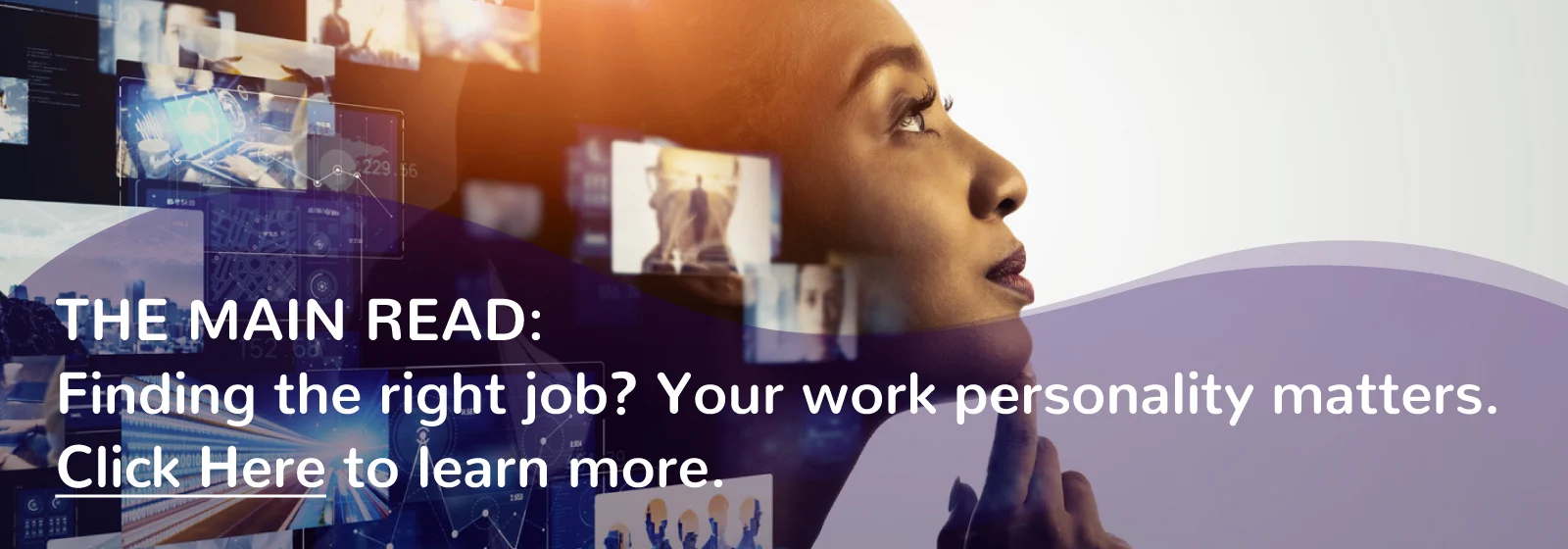In an increasingly competitive business environment, companies are becoming more and more selective of the talent they’re hiring. As niche skills become more in demand and roles become more specialised, it is no longer sufficient for employers to simply rely on resumes, cover letters and interviews to make an informed decision on who is the right candidate to hire.
Many companies are deploying personality tests in the pre-employment process. According to the Harvard Business Review, 76% of organisations use personality and aptitude tests, a number that’s expected to climb over the years.
Why would an employer want to know my work persona?
According to global recruitment agency Randstad, employers want to hire employees who can bring something more than just work-related skills. For instance, the role of a manager will require someone with great leadership qualities such as the ability to listen, coach and command.
Also, the company is a place where people of diverse age groups, educational, cultural and geographical backgrounds come together to work. Hence, the employee persona helps offer valuable insights for employers to understand their employees’ cultural fit with the team and company.
When companies are able to evaluate a candidates’ ability to assimilate well in the company, it can lead to lower turnover, reduced hiring costs and higher productivity for the company.
How does an employer assess my work persona?
Identifying employee personas at work requires a series of steps, including mapping each individual journey, gathering information and data in relation to employee objectives, motivations, challenges faced using questionnaires and online surveys.
Then, you can translate the results from the data to design your employee personas based on common patterns such as behaviours, attitudes, and perspectives. Employee personas are cohesive representations and observations of groups of employees and are not to be based just on individual characteristic traits.
Different employers will deploy a different type of personality test in the pre-hiring process, but If you’re thinking of having a go at them to familiarise yourself, here are the free versions of the commonly used one you may want to try.
1. Myers-Briggs
Myers-Briggs Type Indicator checks up on the preferences of employees and how they prefer to use their perception and judgement. MBTI’s notion is that our choices play a huge role in interpreting experiences.
This personality assessment checks four categories:
- introversion/extroversion
- sensing/intuition
- thinking/feeling
- judging/perception.
2. Big Five
The test consists of a list of statements that you must rate on how true they are about you on a five-point scale from 1=Strongly Disagree to 5=Strongly Agree. The test score depends on which choices you make and will reveal if you scored higher or lower than others who have taken the test.
The Big Five test divides an individual into five key traits:
- extraversion
- neuroticism
- agreeableness
- conscientiousness
- openness to experience.
The test consists of a list of statements that you must rate on how true they are about you on a five-point scale from 1=Strongly Disagree to 5=Strongly Agree. The test score depends on which choices you make and will reveal if you scored higher or lower than others who have taken the test.
3. 16Personalities
The test derives from the philosophies of Carl Gustav Jung, the father of analytical psychology and the Myers-Briggs dichotomies. The test revolves around almost the same idea as to the combination of four different characteristics that eventually defines our personality.
Employers use this test to learn if a candidate is an introvert or extrovert across different spectrums such as whether the candidate is a person who likes to make decisions versus keeping opinions quiet or how emotional the candidate can be when making decisions versus using logic.
4. Predictive Index (PI) Behavioural Assessment
The PI Behavioural Assessment involves filling in a checklist and the answers are then analysed according to the Performance Requirement Options worksheet. This worksheet helps to understand the specific behaviours of a candidate that can lead to the most effective performance in a particular role.
The test claimed to be “scientifically validated against populations large enough to be used for many jobs, in an array of industries across the globe.”
5. Keirsey Temperament Sorter
This test is based on the Keirsey Temperament Theory, which briefly realigns the Myers-Briggs indicators into four personality temperaments:
- Rational
- Guardian
- Idealist
- Artisan
Each of these four personality temperaments is further divided into four more sub-types, making it a total of 16 temperament types. By identifying the type of temperament, it can give you an idea of how the candidate communicates with others and determine what their actions tend to be.
So, what kind of personas do employers want?
Every employer will have his or her own inclinations for the type of employee persona they would want to bring on board. Depending on the company’s culture, business type, clientele and so forth, one persona may be a better fit than another.
Having said this, these are the eight work personas that would be highly valued in any professional environment.
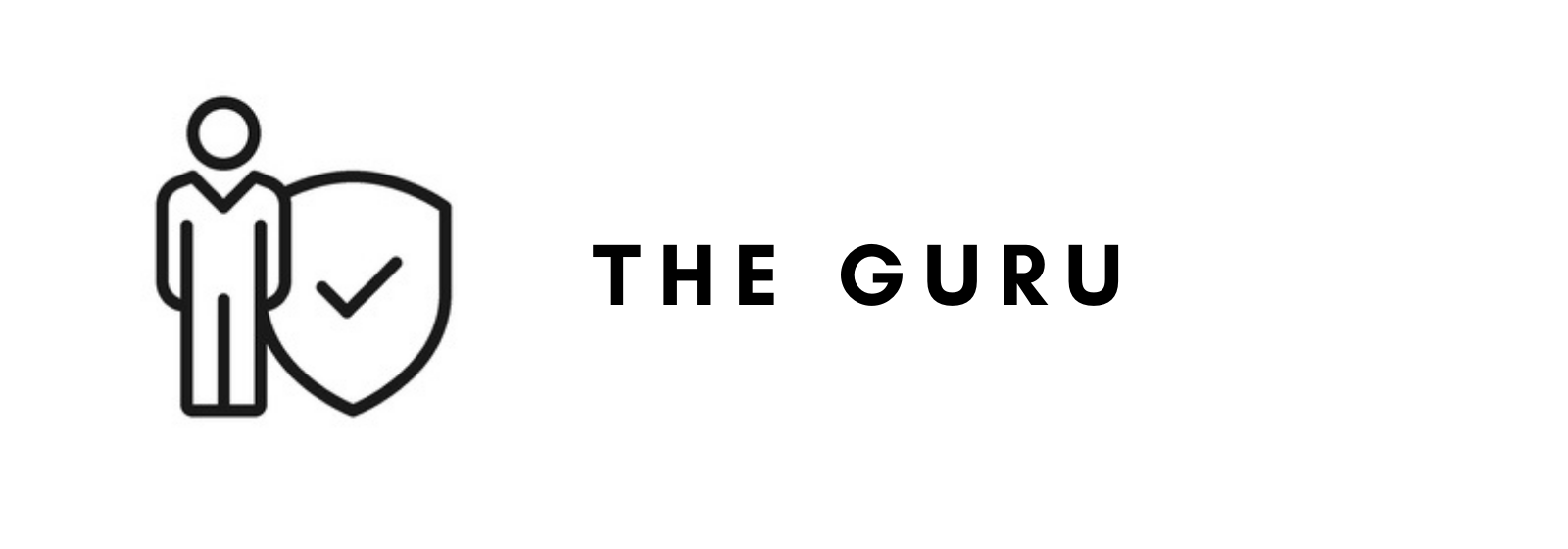
An employee who has great knowledge of key subject areas in the workplace. Gurus love to connect with fellow co-workers to offer support and inspire others and for continued growth.
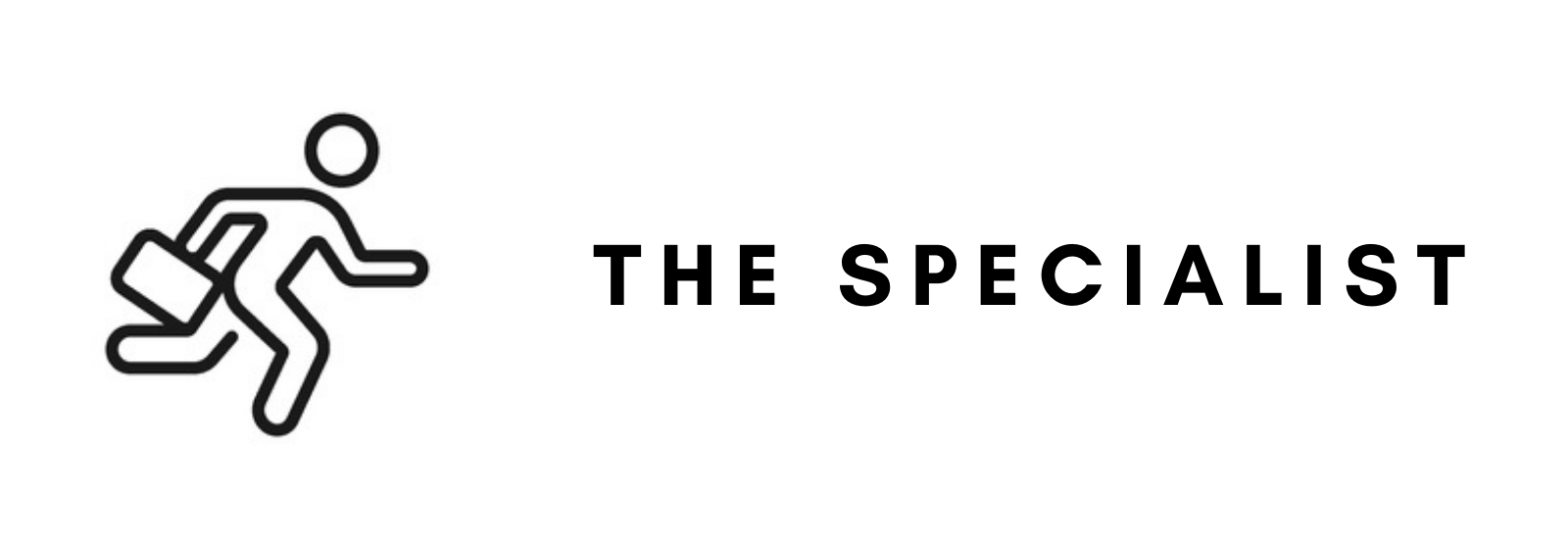
An employee who thrives in a role that requires specialist knowledge and skill. The specialist is motivated by professional development opportunities and sharing their expertise.
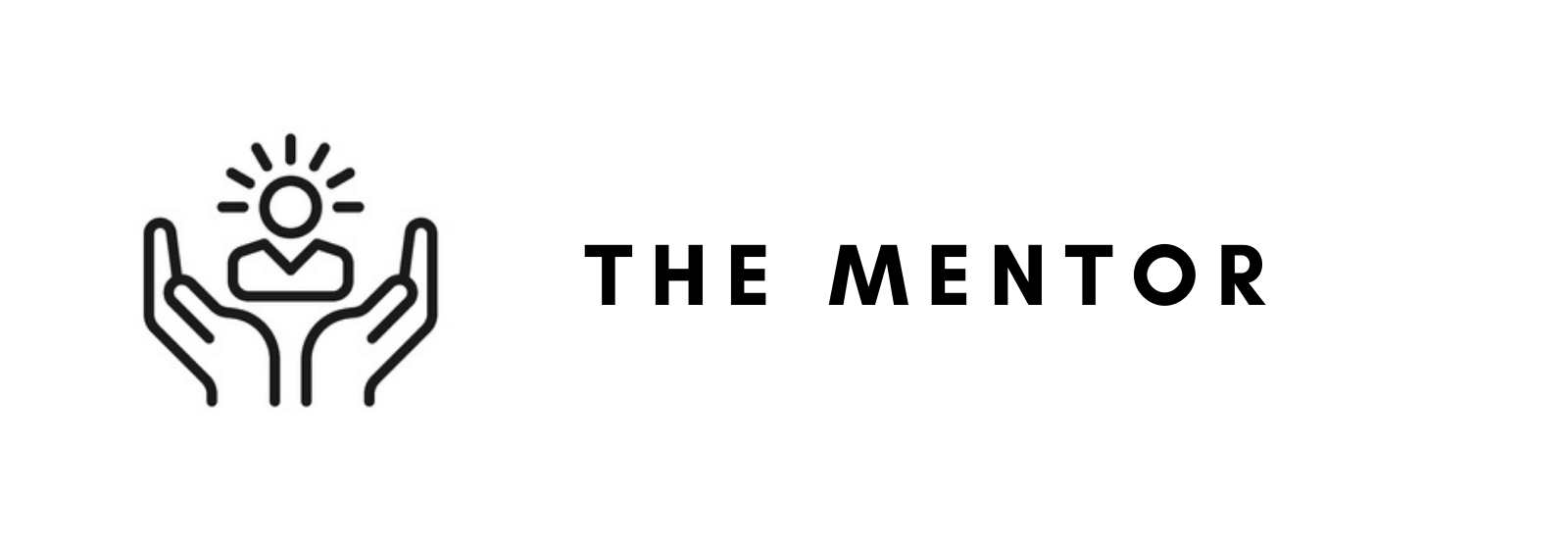
An employee loves empowering others and watching others succeed in their role. They have excellent communication skills and enjoy nurturing others, especially helping new employees settle into their roles.
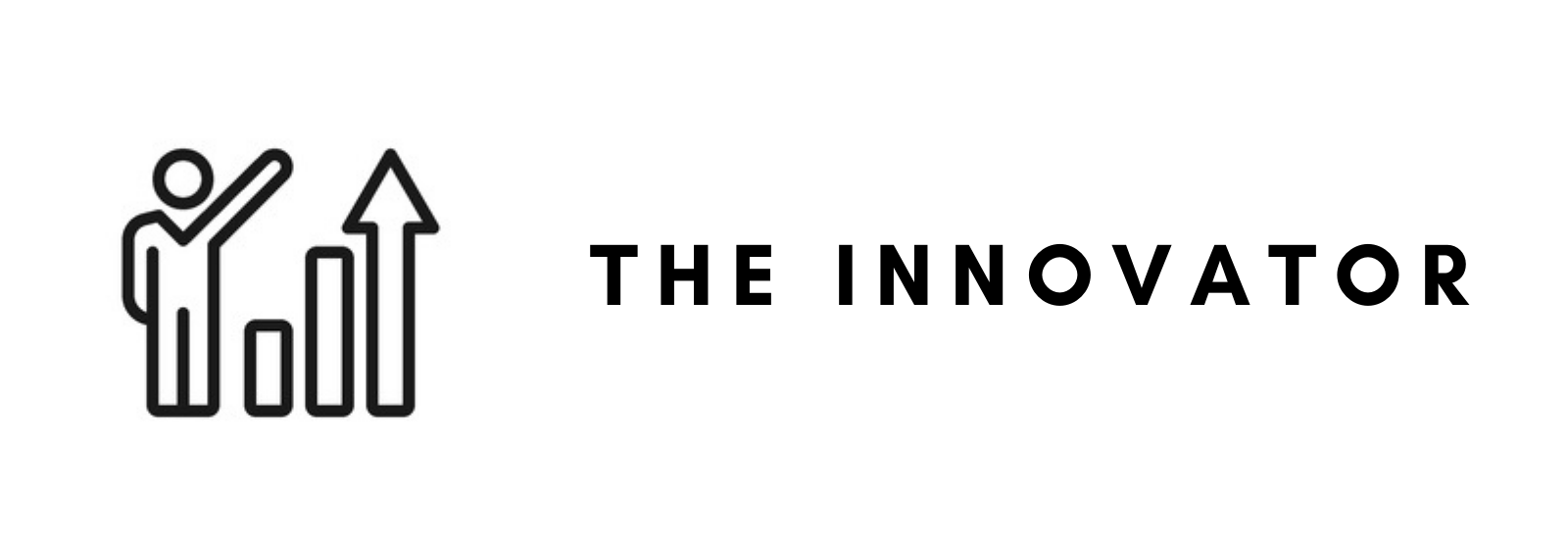
An employee who seeks creativity, innovation, and change. They are very successful when it comes to problem-solving and developing new products or services and thrive in challenging environments.
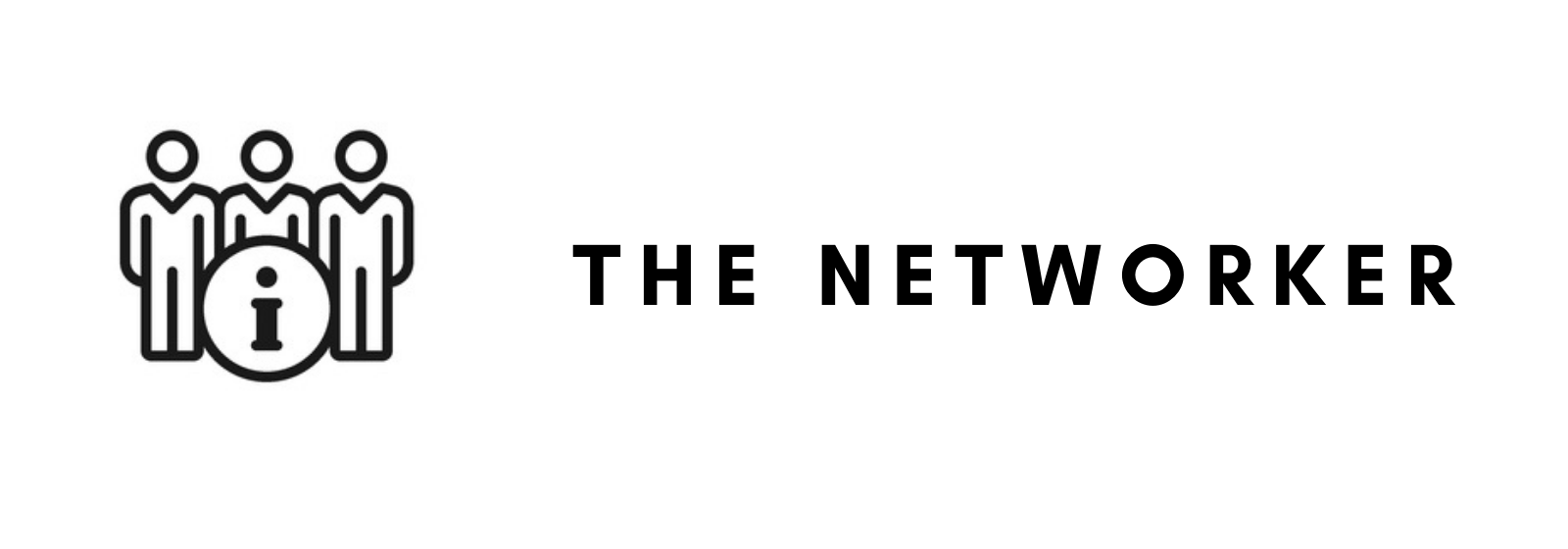
An employee who is always the first to jump on opportunities to network and build on professional relationships. A great asset to any company that needs to build its customer or employee base and boost awareness of its brand.
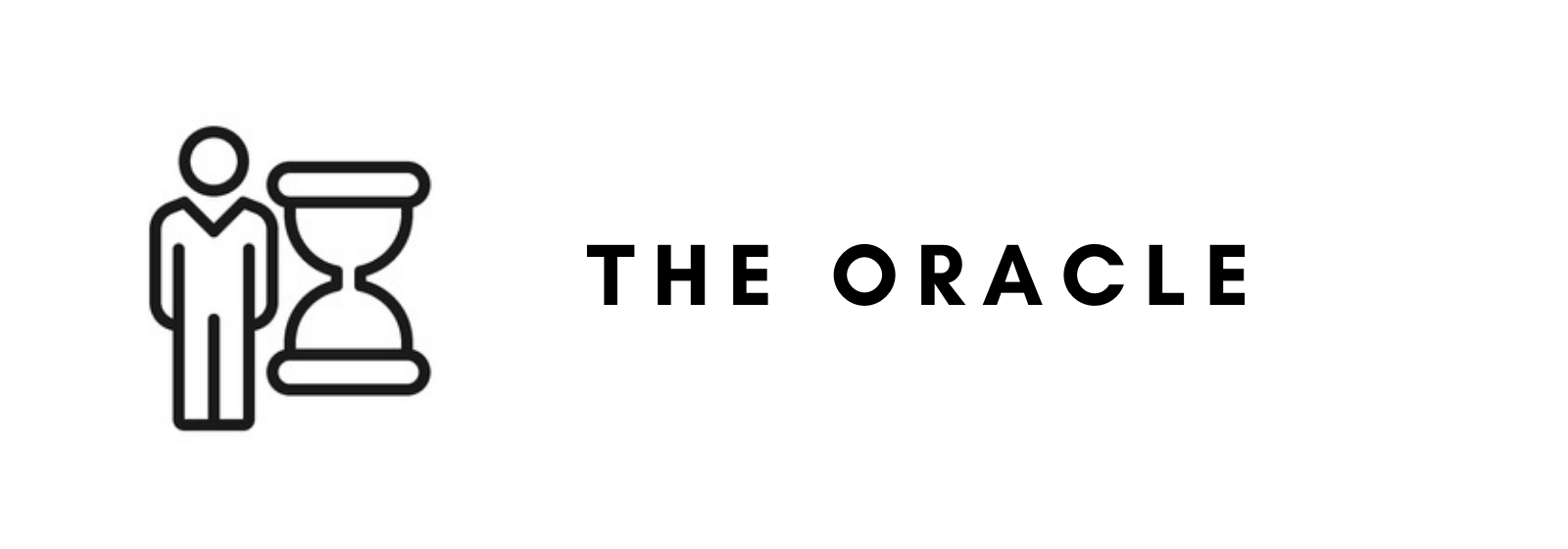
An employee who is far-sighted when it comes to envisioning the company’s future visions and goals. The oracle is motivated to make changes for progress and is very efficient at modelling ideal scenarios.
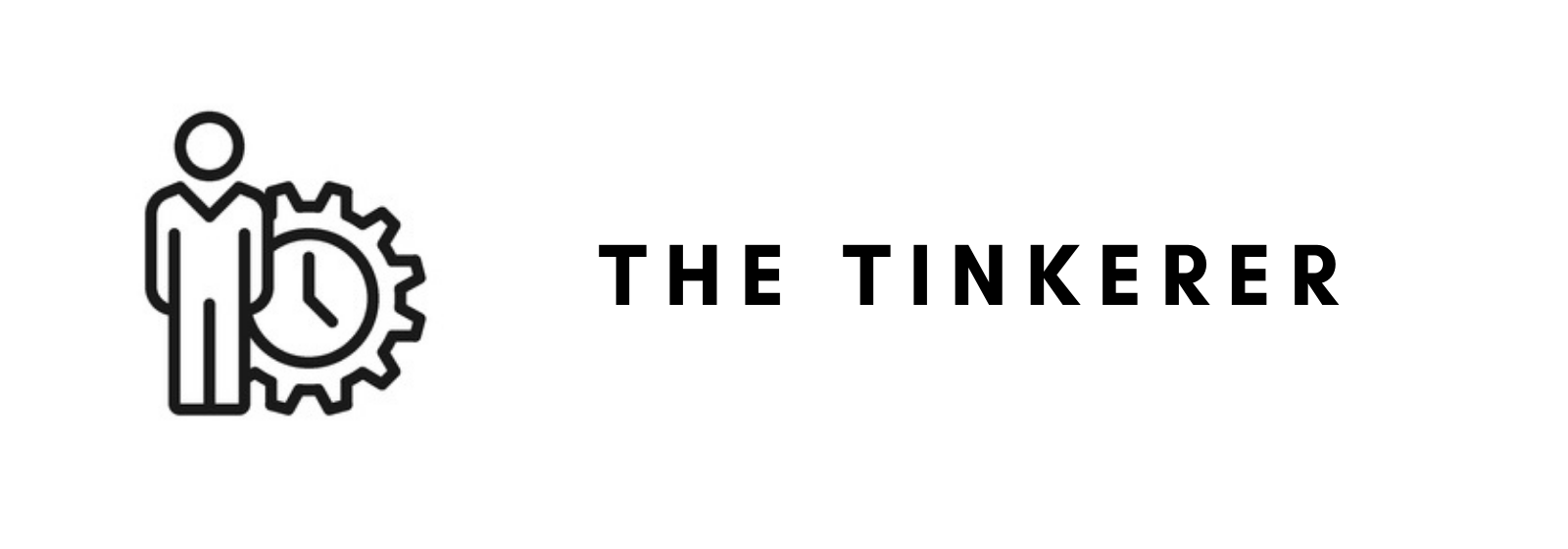
An employee who is not afraid to roll up his or her sleeves when faced with complex tasks. The tinkerer is able to visualise improvements and is extremely self-aware of his or her surroundings.
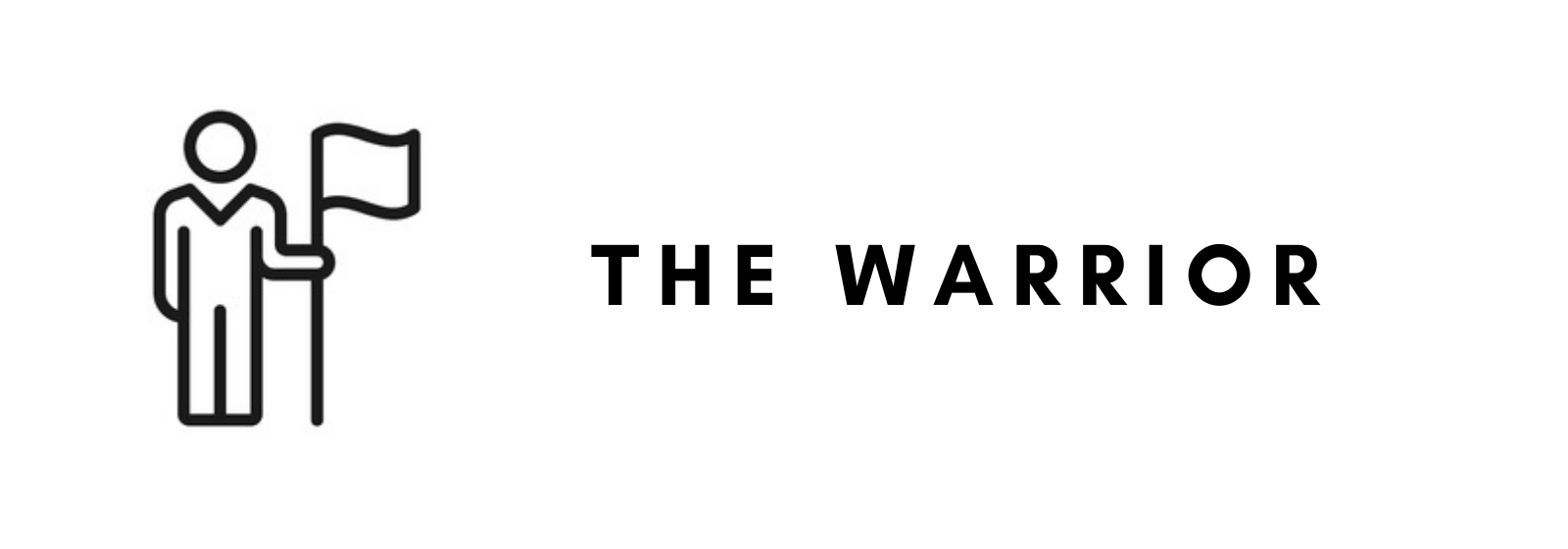
An employee who seeks meaning and purpose, always wanting to make a difference at work. A warrior thrives in purposeful companies and never misses an opportunity to build on their experience or skill set.
Personality tests are helpful but do not define you
The personality test may be helpful to learn a little more about what makes you tick at work. However, it should never be the end-all or be-all when it comes to evaluating who you are, what you can accomplish, how you might perform in certain situations, and who you might become in the future.
If you need professional guidance to determine your job fit, check out CareersHorizon by Workforce Singapore’s Careers Connect which supports you at each job search stage with four types of curated career matching services!
Read More: Job Opportunities Abound: All You Need is GRIT to Seize Them



